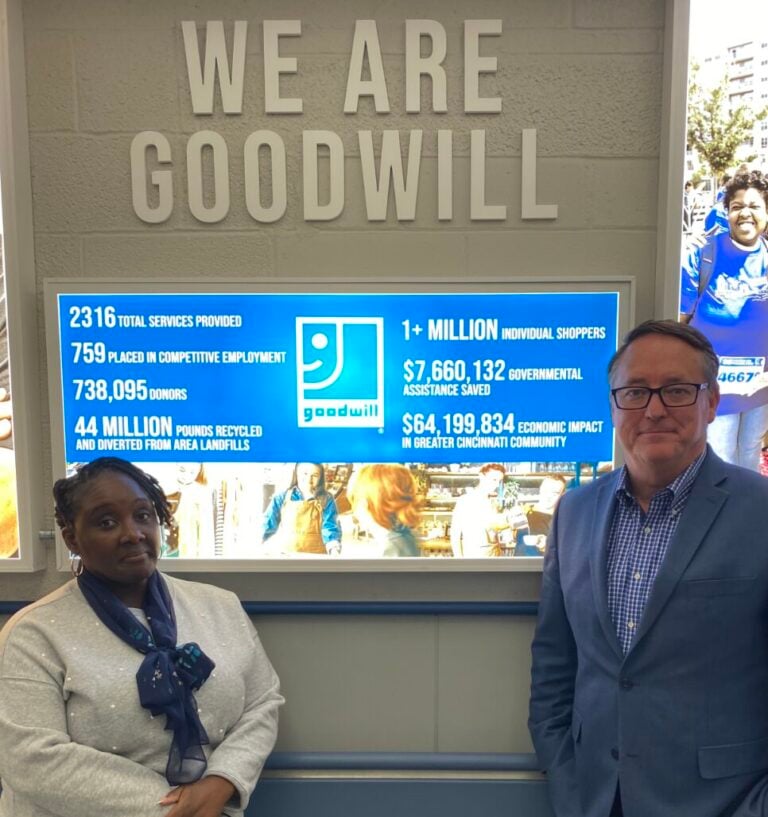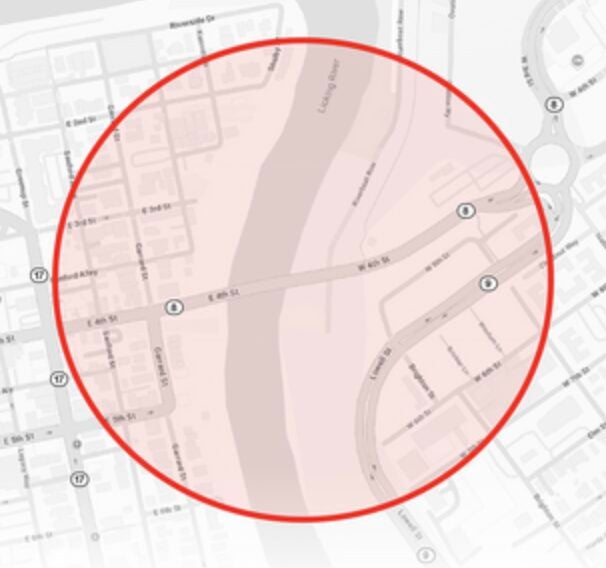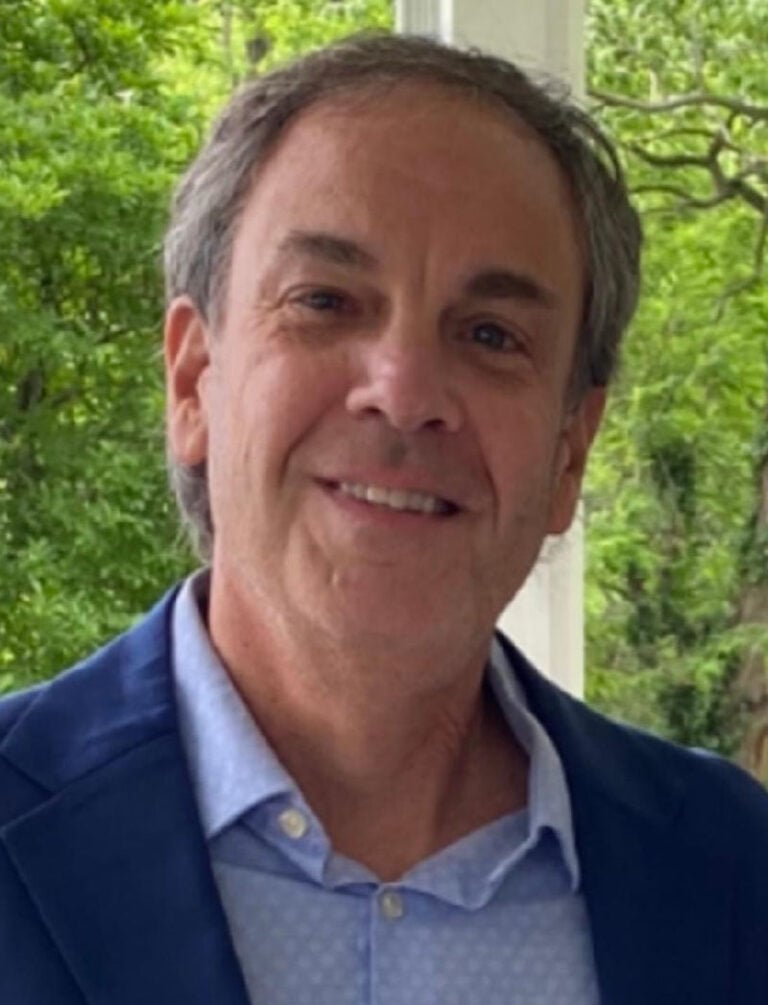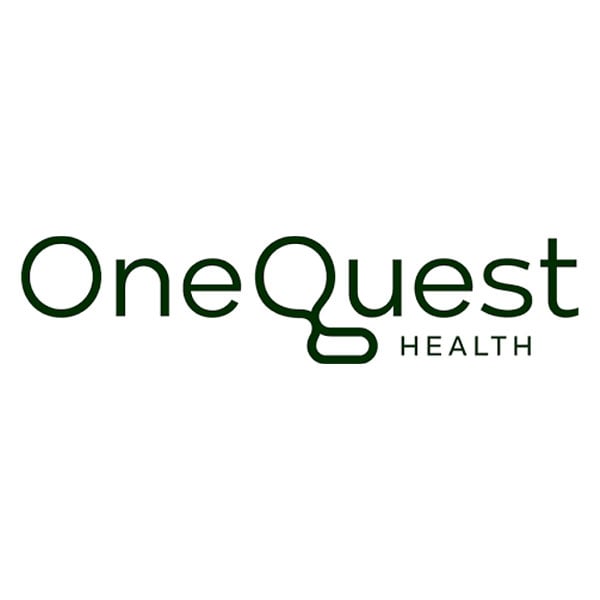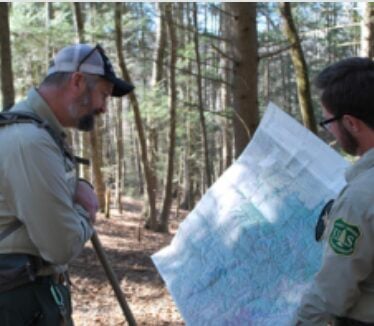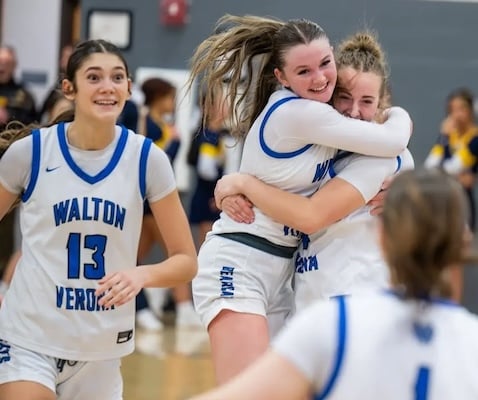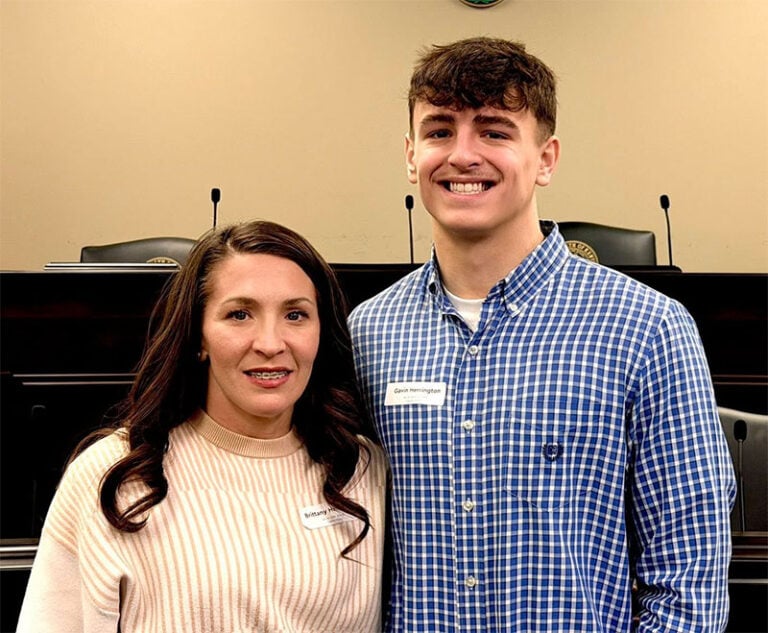World Elder Abuse Awareness Day, observed every June, raises awareness about the mistreatment of older adults. Elder abuse is not only an individual problem; it’s a community and societal issue that urges us to protect and maintain respect, dignity, and safety for older adults.
Elder abuse refers to intentional or neglectful acts by a caregiver or a trusted individual that cause harm to an older adult. It can be physical, emotional, neglect, and financial mistreatment – the latter being the most prevalent and easily executed through scams or fraud. This critical public health issue can cause significant physical and psychological harm. A significant step towards prevention is equipping older adults and their caregivers with knowledge and resources.
The National Council on Aging estimates that approximately five million older adults are abused annually in the United States, with only one in 14 cases reported. Research findings estimate that older victims of financial fraud lose roughly $30 billion a year.

Defending against abuse begins with awareness. Identifying potential frauds like lottery scams, identity theft, or email phishing is crucial. Older people should be wary of unsolicited calls and emails, particularly those urgently requesting personal information, money transfers, or unusual payment methods such as gift cards. Awareness training programs about these fraud methods can significantly enhance older adults’ ability to discern genuine transactions from scams.
Using technology can be a great way to protect financial assets. To minimize potential abuse, set up bank alerts for large transactions, use mobile apps that track account activity to spot unauthorized transactions, and set up direct deposits for checks. It’s equally important to keep essential documents safe and regularly update estate planning documents.
Strong social networks play a crucial role in preventing elder abuse. Staying connected with family, friends, and your community provides a support system that can deter potential abusers and quickly identify any signs of abuse. Using technology, like video and phone chats, and other digital tools, can help maintain relationships and stay active within communities. This can significantly reduce the risk of exploitation by ensuring older adults are not isolated and vulnerable.
Older adults must feel empowered to report potential abuse without fear and embarrassment. Support from community, family, and authorities reassures older adults that they’re not alone and that taking action is a critical step towards prevention.
To report elder abuse, there are multiple resources available:
• Adult Protective Services (APS): These agencies are responsible for receiving and investigating reports of elder abuse. Find your local APS office at www.napsa-now.org.
• Local Law Enforcement: If an older adult is in immediate danger, contact local law enforcement.
• National Center on Elder Abuse (NCEA): This resource for information on elder abuse prevention provides contacts and resources, including state reporting numbers.
• ElderCare Locator: Connects to services for older adults and their families at 1-800-677-1116.
• Long-Term Care Ombudsman: Advocates for residents of nursing homes and assisted living facilities, they can help find facilities, supports and resources for care.
Anyone who reports abuse can remain anonymous, and most agencies are equipped to provide help even when the abuse has occurred in the past.
Anthem Blue Cross and Blue Shield works collaboratively with healthcare providers to detect early signs of elder abuse. We have implemented caregiver education programs, as they are often the first line of defense in recognizing indicators of abuse. We are not just advocating prevention but are actively providing solutions.
Our health plans also support older adults by addressing the social drivers that impact health, including social isolation – a significant risk factor for elder abuse. Our community members benefit from resources and support services beyond traditional healthcare services, like access to nutritious meals, safe and stable housing, and transportation. We continue to partner with organizations, nonprofits, and government agencies, to create a safer, more supportive society where older adults are valued and included, and their rights are protected.
Older adults are valuable members of our society, and it is our collective responsibility to ensure their safety, security, and well-being. This goes beyond raising awareness; it requires our active efforts in prevention, education, and support. Together, we can create a safe environment where older adults can thrive with the dignity, respect, and security they deserve.
Dr. Eugene Hsu, MD, MBA, is Senior Medicare Clinical Officer for Anthem Blue Cross and Blue Shield







